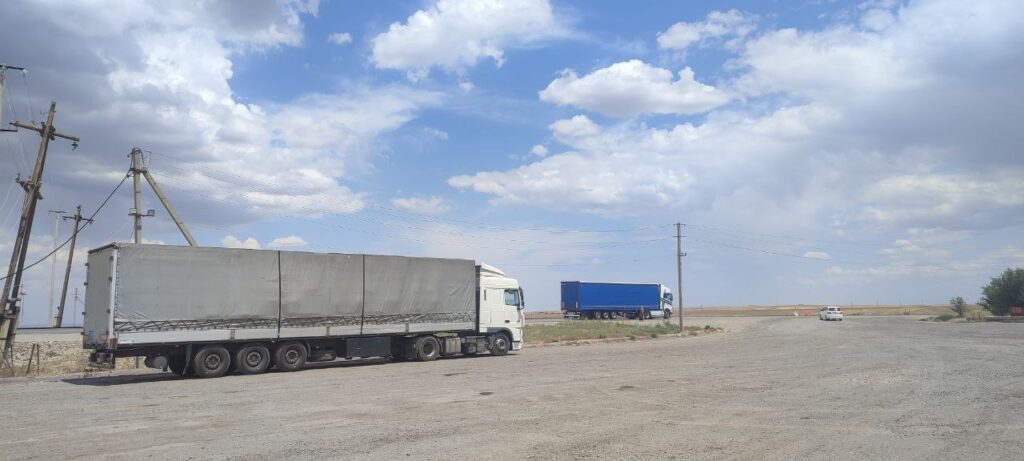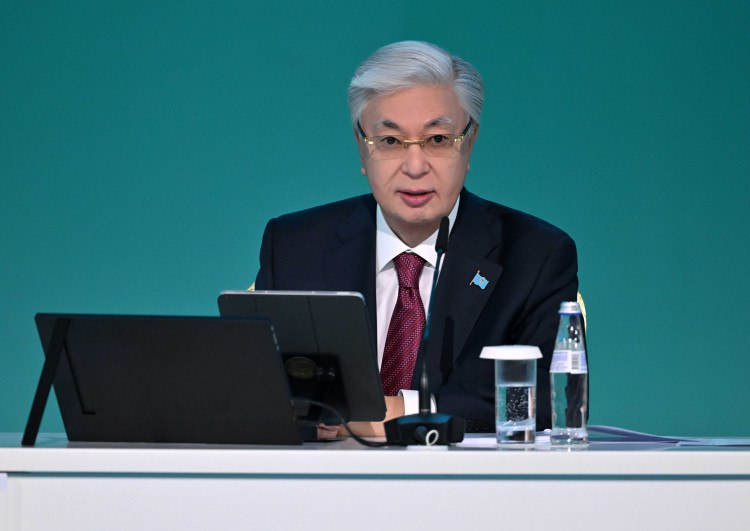New CIVICUS Report Warns of Mounting Restrictions on Freedoms in Turkmenistan
The global civil society alliance CIVICUS has published an updated report on the worsening state of rights and freedoms in Turkmenistan. The document, compiled by the International Partnership for Human Rights (IPHR) and the Turkmen Initiative for Human Rights (TIHR), covers the period from June to November 2025 and outlines several disturbing trends. According to the report, Turkmen authorities continue to target individuals they deem politically “inconvenient.” This includes former political prisoners, who, despite their release, remain under tight surveillance and face ongoing restrictions. The report highlights an intensifying crackdown on freedom of expression. While state-controlled media project an image of national prosperity, the country is, in reality, grappling with a prolonged socio-economic crisis and widespread human rights abuses. One section focuses on the growing phenomenon of transnational repression. Human rights groups report that Turkmenistan’s security services have increased pressure on dissidents living abroad. These efforts include attempts to forcibly repatriate activists with the cooperation of foreign governments, most notably in Turkey and Russia. CIVICUS also draws attention to expanding internet restrictions. The report suggests that these limitations are not solely politically driven but are also linked to corruption. Cybersecurity officials are alleged to intentionally disrupt internet access to boost demand for censorship circumvention tools, tools that are often monetized through state-controlled channels. Another concern is the continued practice of compulsory mobilization for public events. Citizens are routinely forced to participate in state-organized gatherings, with those who refuse facing threats of punitive measures. Earlier this year, The Times of Central Asia reported that in the lead-up to Turkmenistan’s celebration of the 30th anniversary of its status as a permanently neutral state on 12 December, international human rights organizations had urged Ashgabat to release civil society activists jailed on politically motivated charges.






